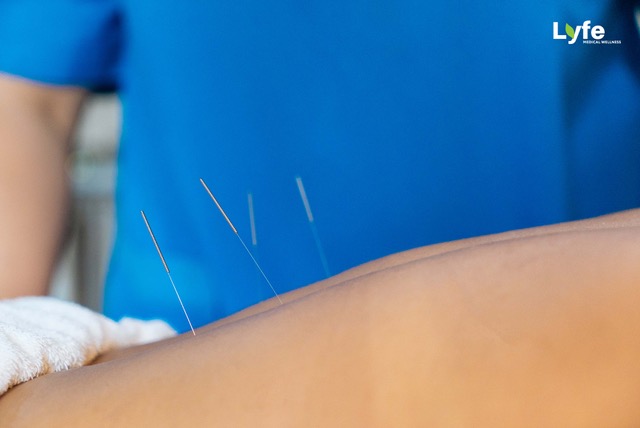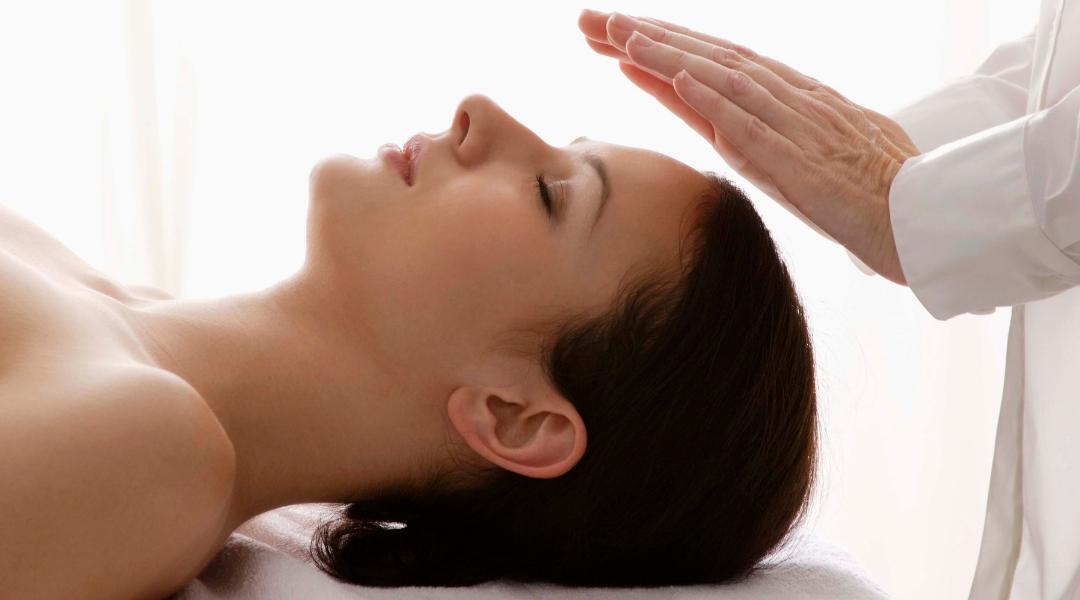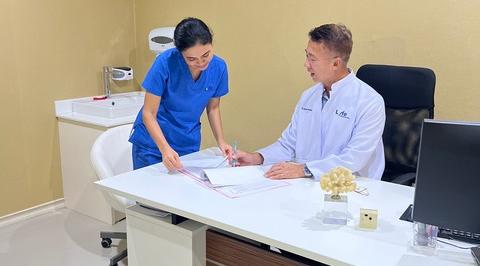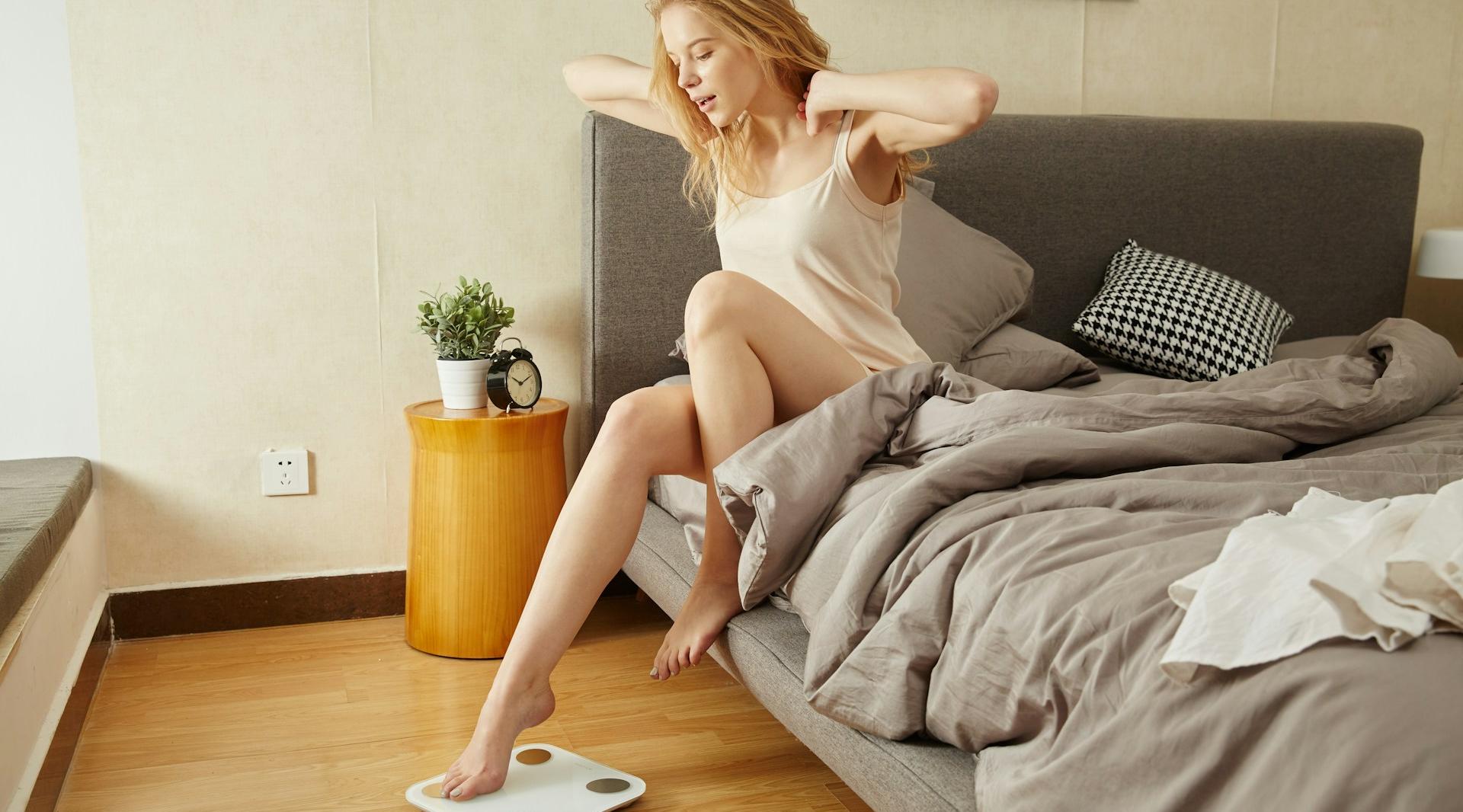
Acupuncture – Is It Right For Me?
Modern medicine is effective and has done a lot of good. However, a lot of medicine has many side effects. It would be difficult to find a single pharmaceutical drug that has no side effects. These negative effects have led many people to look for natural solutions for their health problems. A good example is traditional Chinese medicine, which has been with us for over 4000 years. One of the most popular options is acupuncture.
History of acupuncture
Acupuncture is an ancient Chinese medicine whose earliest records are found in the Yellow Emperor’s Inner Canon (a book on traditional Chinese medicine written in 2600 BC).
Some say acupuncture was used during the new stone age in China as sharpened stones have been found dating back to that time. Hieroglyphs from the Shang Dynasty also suggest that acupuncture was practiced in 1000 BC. Therefore, it is an ancient art of healing. Today, acupuncture is used by many people to deal with health problems because it has few adverse effects and rarely leads to complications. Studies have also proven it is especially useful in the treatment of chronic pain. Unfortunately, many people avoid this alternative medical option because they know little or nothing about it.
In this article, we inform you about acupuncture. How it works, its benefits, and who can benefit from it. Using this information, you should be able to make a decision on whether to include acupuncture in your treatment regimen or not.
What is acupuncture?
Acupuncture is a treatment that involves inserting thin needles into various parts of the body to correct an energy imbalance. The areas into which needles are inserted are located along pathways known as meridians through which our energy flows.
Once the body’s energy or life force (also known as qi) is balanced, problems that trigger ill health are eliminated. When the needles are inserted into the body, they also stimulate the body’s natural ability to relieve pain.
This is why the treatment is excellent for pain relief in cases of dental pain, labor pain, and menstrual cramps. It also works well in the relief of stress and for the maintenance of general wellness.
How does acupuncture work?

When we suffer from illness, our bodies are out of balance. However, the body is naturally self-healing and can recover from any ailment, if given time. It only requires gentle procedures such as acupuncture to trigger healing.
Acupuncture works by improving blood flow, rebalancing the body, and strengthening the immune system. It is an excellent treatment for pain relief and recovery. It is also used as part of a regimen of alternative healing options in integrative medicine where a combination of conventional treatments and traditional ones are used for holistic healing.
For example, a combination of massage and acupuncture therapy can be used to heal an injury. Herbal medicine may also be used together with acupuncture to treat an ailment. Therefore, whether on its own or in combination with other healing therapies, acupuncture can be very effective. It is ideal for healing numerous conditions such as sciatica, depression, arthritis, and other ailments.
How acupuncture treatment is done
During a session of acupuncture, your therapist will insert thin needles into specific areas of your body. Don’t be afraid; it is not painful and may only cause a little discomfort.
The needles are very thin, and you may only feel a tinge of discomfort as they are inserted into your skin. Some people feel nothing at all.
Before your session, expect the therapist to;
- Examine your body for painful areas
- Check out your pulse
- Ask you questions about your illness and lifestyle
The initial session of getting to know you and your ailment will enable the therapist to pick the right treatment plan for you. For example, which acupuncture points in your body the needles will be inserted in.
During the acupuncture session, expect between five and 20 needles to be inserted into various points of your body at different depths.
Sometimes insertion is all that is needed. Other times, the therapist has to twist the needles or apply heat to them. It all depends on the acupuncturist’s approach.
The needles remain in place for some time, typically, 10 – 20 minutes. During that time, you are expected to relax.
You need several acupuncture sessions to benefit from the treatment. Most people have weekly treatments, and as the situation improves, they extend to monthly sessions.
The results of acupuncture sessions
After a session of acupuncture therapy, you may feel relaxed or re-energized. Your symptoms may also decrease. For example, if you were feeling pain, it may reduce.
However, keep in mind that results don’t always manifest after the first treatment. It all depends on the severity of the ailment.
It is best to judge the success of acupuncture sessions after you’ve completed the whole regimen.
If your doctor recommends six sessions, do all of them, and only judge the therapy’s benefits once you are finished.
It’s important to note that acupuncture doesn’t work for all people. If, after the recommended sessions, it doesn’t work for you, it’s good to find alternative forms of treatment or therapy for your condition.
Also, note that most government health insurance and private insurers do not cover the cost of traditional and alternative treatments such as acupuncture.
You may have to pay the cost yourself or look hard to find the few insurers that will compensate you.
Side effects of acupuncture

It is rare for people to worsen their condition or trigger problems after undergoing acupuncture.
However, not everyone is a good candidate for acupuncture. People who may suffer complications are;
- Pregnant women
- People with heart issues, such as a pacemaker
- Anyone with a bleeding disorder.
It is important to receive the treatment from a certified professional with experience. There are cases of people suffering negative side effects after undergoing the treatment at the hands of inexperienced acupuncturists.
These problems often arise from the use of unsanitized equipment and inserting the needles in the wrong manner.
Other possible negative results are bruising and bleeding. However, it’s rare to have severe complications unless you are not the right candidate for the procedure.
The chances of experiencing negative results after an acupuncture session can be eliminated by choosing a reputable acupuncturist to treat you.
You may also choose to use the services of an acupuncturist that has treated a friend, relative, or colleague as you will get first-hand information on their services to ensure you make the right choice.
The bottom line is, acupuncture is an effective treatment that has worked for many and is worth a try if you are the right candidate for it.




